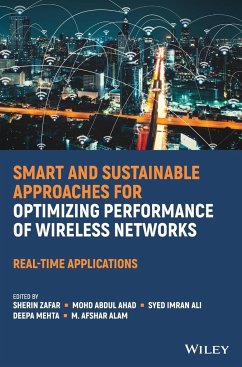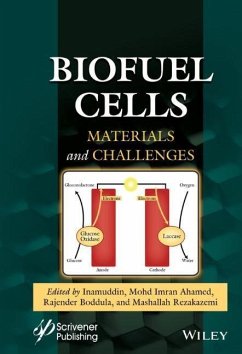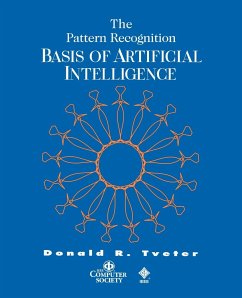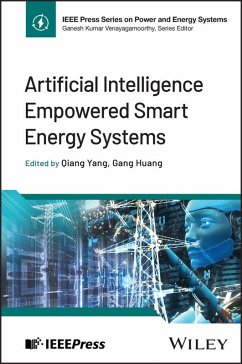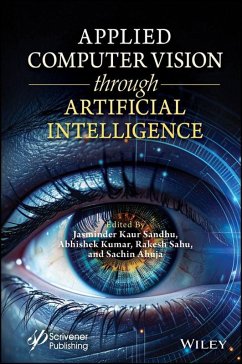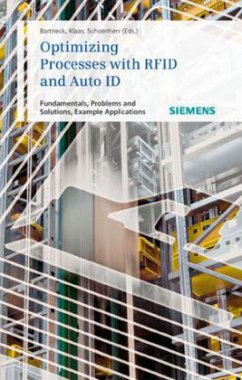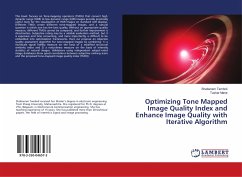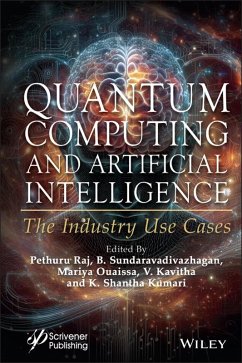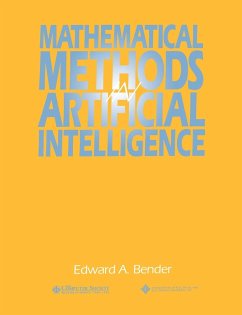
Optimizing Biofuel Production with Artificial Intelligence
Versandkostenfrei!
Versandfertig in über 4 Wochen
199,99 €
inkl. MwSt.
Weitere Ausgaben:

PAYBACK Punkte
100 °P sammeln!
Optimizing Biofuel Production with Artificial Intelligence will help readers discover how integrating artificial intelligence with biotechnological advancements can revolutionize biofuel production, ensuring a sustainable energy future in response to pressing global challenges like pollution and climate change. This book presents artificial intelligence as a technique to aid the production of biofuels. Recently, tremendous developments have been made in energy and environmental biotechnologies, spurred by societal issues like pollution control, energy security, and climate change. Energy can b...
Optimizing Biofuel Production with Artificial Intelligence will help readers discover how integrating artificial intelligence with biotechnological advancements can revolutionize biofuel production, ensuring a sustainable energy future in response to pressing global challenges like pollution and climate change. This book presents artificial intelligence as a technique to aid the production of biofuels. Recently, tremendous developments have been made in energy and environmental biotechnologies, spurred by societal issues like pollution control, energy security, and climate change. Energy can be obtained from a variety of sources, including coal, oil, natural gas, solar, wind, and nuclear energy. The need to transition to new energy results from finite resources and economic sustainability. Biotechnological process optimization is crucial for ensuring a quality final product and boosting bioconversion performance efficiency. When combined with traditional simulation and modeling methods, artificial intelligence and computer technology can help define ideal process parameters and save total process costs. The energy sector can benefit from artificial intelligence in several ways, including increased asset efficiency, early detection and assessment of wildfire risks, assistance with vegetation management and storm recovery, and optimized energy use. The new frontier for energy is biomass.




